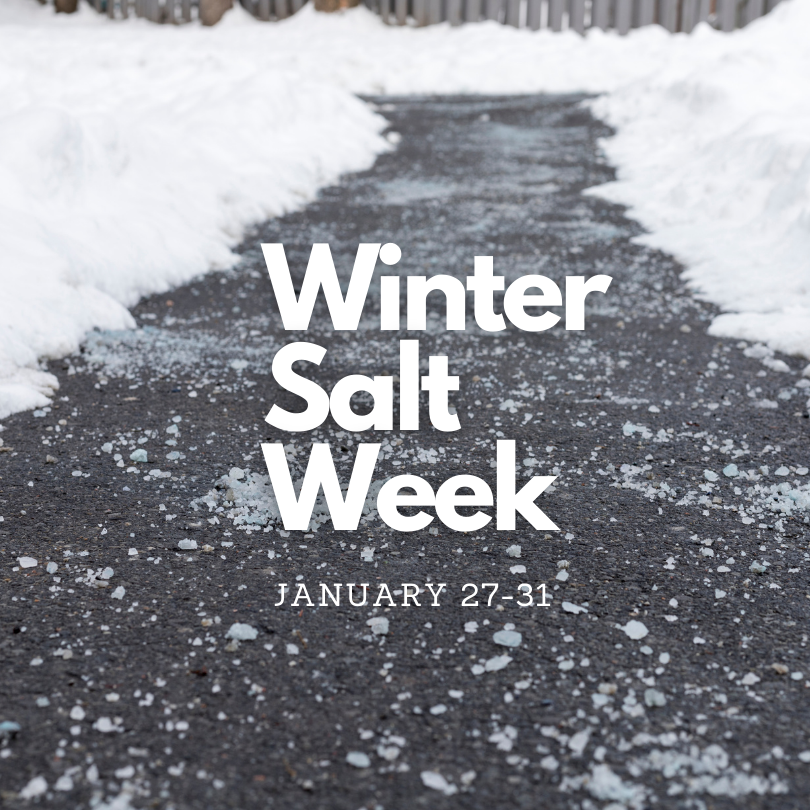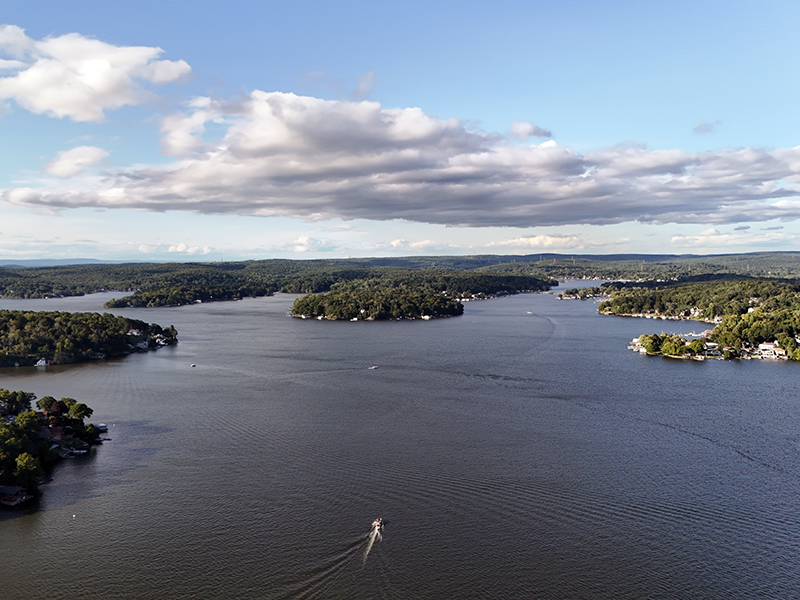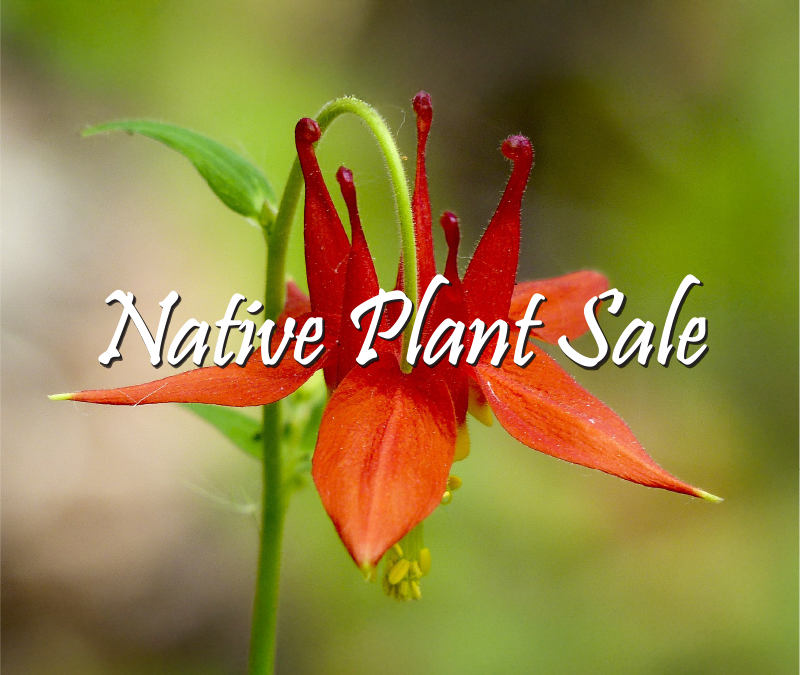
January 24, 2025| Environment
By: Holly Odgers
Each winter, roads, sidewalks, and driveways turn white not just from snow but from salt. While road salt is important for safety, it comes with a cost to the environment. Excess salt washes into lakes, rivers, and groundwater, harming aquatic life, polluting drinking water supplies, and damaging infrastructure. Winter Salt Week (January 27–31) raises awareness about road salt's impact and promotes actionable steps to protect freshwater ecosystems like Lake Hopatcong. Encouraging responsible application and proper storage helps reduce pollution, balancing winter safety with environmental health.
When snow and ice melt, dissolved salt from roads, parking lots, and walkways runs off into nearby water bodies, raising chloride concentrations. Elevated chloride levels can be toxic to aquatic life, disrupting ecosystems and degrading water quality. Additionally, chloride does not easily dissipate, leading to its accumulation in lakes, rivers, and groundwater over time. This persistent contamination poses long-term risks to drinking water sources and harms wildlife, underscoring the need for responsible salt use to mitigate these effects.
For a more in-depth look at how road salt harms the environment, check out this article from the Columbia Climate School.
To track the impact of road salt on freshwater streams and lakes, the New Jersey Watershed Watch Network launched the NJ Salt Watch Monitoring Program in December 2020. Since its inception, hundreds of volunteers have gathered thousands of chloride measurements statewide. At the Lake Hopatcong Foundation, we coordinate salt monitoring volunteers who sample and share data from seven key locations around the lake. You can see a map of all testing locations and data here. This data is essential for assessing the scale of the road salt problem, guiding conservation efforts, and equipping municipalities with insights to improve salt application strategies.
Here are four simple actions you can take to make a difference.
During Winter Salt Week 2025, a series of webinars will be offered to educate and engage the community. Topics include:
These webinars are free and open to the public. Registration details and schedules can be found at wintersaltweek.org
Protecting our freshwater ecosystems from the harmful effects of road salt requires collective effort and informed action. By participating in monitoring programs and adopting smarter salting practices, we can keep our environment safe while staying secure on the roads this winter.

April 25, 2025
Community, Environment

April 25, 2025
Environment, Events

April 24, 2025
People